The prison industrial complex is a highly adaptive mechanism that is constantly shifting to sustain itself. In recent years, the movement against mass incarceration has gained traction in reducing penal incarceration in the United States. In this report in collaboration with the Detention Watch Network, we detail select case examples of jails and prisons that closed for one purpose, only to cage a different group of people. The case studies demonstrate the importance of looking ahead to strategies which ensure that cages remain closed for all carceral uses, once and for all.
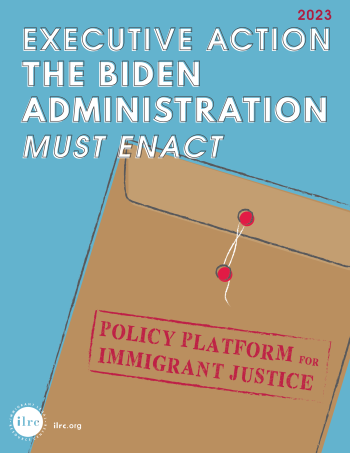
In ILRC’s A Platform for Immigrant Justice: Executive Action the Biden Administration Must Enact we outline bold, urgent and necessary policy solutions the Biden administration must enact to ensure immigration benefits are more equitable and accessible and that the work of dismantling the oppressive systems of enforcement, detention and surveillance begins.
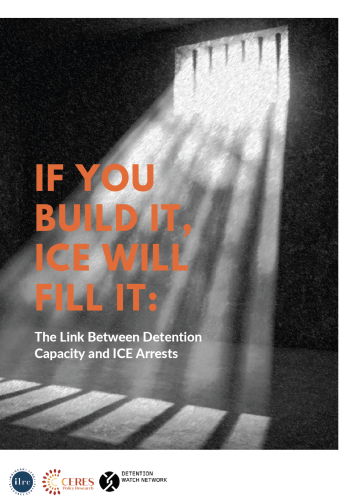
ICE has built and expanded a massive infrastructure of immigration jails, surveillance programs, and enforcement agents. The current enforcement-centered response to migration, supported by ever-increasing Congressional appropriations, has resulted in hundreds of thousands of deportations each year. Over the last two decades, the budget for ICE’s Enforcement and Removal Operations (ERO), which includes its account for immigration detention, has quadrupled. Prior to the COVID-19 pandemic, detention levels hit historic peaks of more than 50,000 people per day.
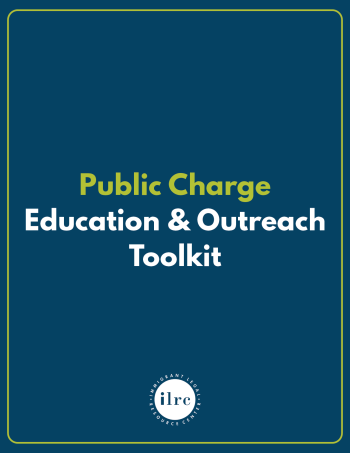
This toolkit is designed to assist education and outreach workers presenting public charge information to immigrant community members. Some of the materials in the toolkit have a California focus or include California-specific details, but all materials remain useful for a national audience. Our goal is to spread accurate information about what public charge is and who is impacted by it, to help reverse the chilling effect from the Trump public charge rule which is no longer in effect.

Black people and other communities of color, including immigrants, have faced decades of overpolicing, criminalization, and incarceration in Texas, often for alleged conduct that does not mandate an arrest or even carry jail time in the state. One way to effectively reduce arrests is to pass a local cite and release policy. This advocacy toolkit gives local organizers and advocates in Texas the tools they need to lead a successful cite and release campaign. We have included many helpful resources, samples, and insights for every step in a cite & release campaign – from initial education, research, and data collection through policy implementation.
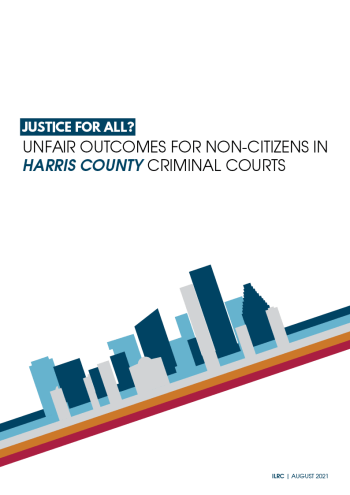
Harris County, home to approximately 1.2 million immigrants, is one of the largest and most diverse counties in the United States. Unfortunately, it also operates an expansive jail system and is an epicenter of immigration enforcement. This report looks at criminal case outcomes before Harris County courts and highlights disparities between U.S. citizens and non-citizens in arrests, charges, bail, case disposition, and sentencing. Through this report, we seek to raise awareness about how non-citizens are unjustly treated in Harris County, and we provide key policy recommendations for stakeholders to take immediate action to address such inequities.
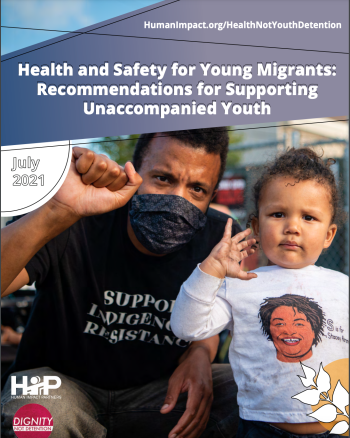
This resource, written by Human Impact Partners in collaboration with the ILRC and others as part of the Dignity Not Detention Coalition, outlines recommendations for what healthy, just, and supportive immigration policy can look like for unaccompanied youth immigrating to the US, without relying on detention or detention-like facilities. Rooted in the stories, experiences, and recommendations of young people who arrived in the US as unaccompanied youth, this resource draws from public health evidence documenting the health harms of detention in large-scale, restrictive settings. It puts forward a vision for ending the current system of detaining unaccompanied minors in harmful settings and for shaping healthy, just, and supportive immigration policy for unaccompanied youth. You can also check this resource for more important information from Human Impact Partners.
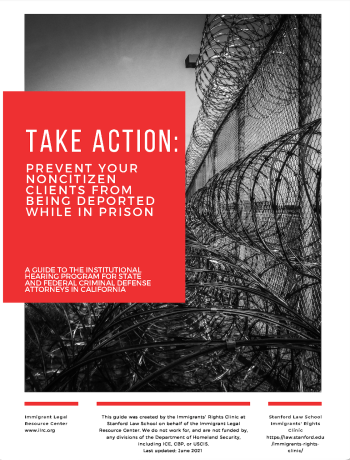
This first of its kind toolkit is designed for Criminal Defenders working with noncitizen clients who may be placed in removal proceedings through the Institutional Hearing Program (IHP). The Stanford Immigrants' Rights Clinic developed these materials on behalf of the Immigrant Legal Resource Center (ILRC). A special thanks to clinic students Noelle Smith (’21), Claire Fieldman (’22), Raven Quesenberry (’22), and Drew Alvarez (’21) for their leadership developing these materials.
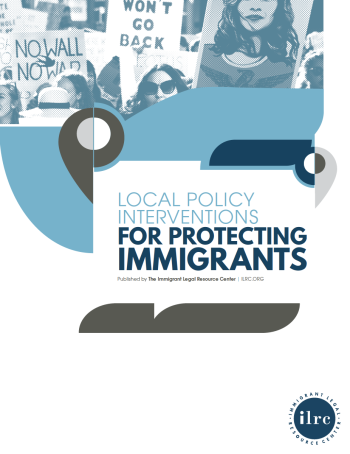
Local elected officials have significant power to enact policies that protect their immigrant residents. From ordinances limiting involvement with ICE to decriminalization to terminating detention contracts, this toolkit for organizers and policy makers chronicles and explains the importance of different reforms. Rather than provide a one-size-fits-all model ordinance, we have selected some of the best language from policies enacted by cities, counties, and states, and organized those policy ideas into different issue areas to help people prioritize according to the needs of their community. We identify the key policy intervention and link to examples of where state and local governments have taken this on.
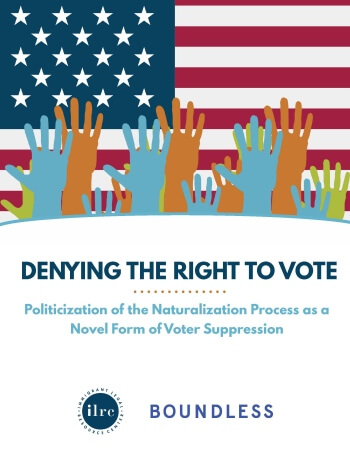
This report provides a summary analysis of the ways that federal officials have consciously sought to politicize the naturalization process during the 2020 election year in what appears to be a novel form of voter suppression. The report also examines the potential impact of this novel form of voter suppression in closely watched states in the upcoming presidential election, and details immediate steps that federal officials can take to mitigate these harms, allowing tens of thousands of additional U.S. residents to become citizens in time to obtain the right to vote.